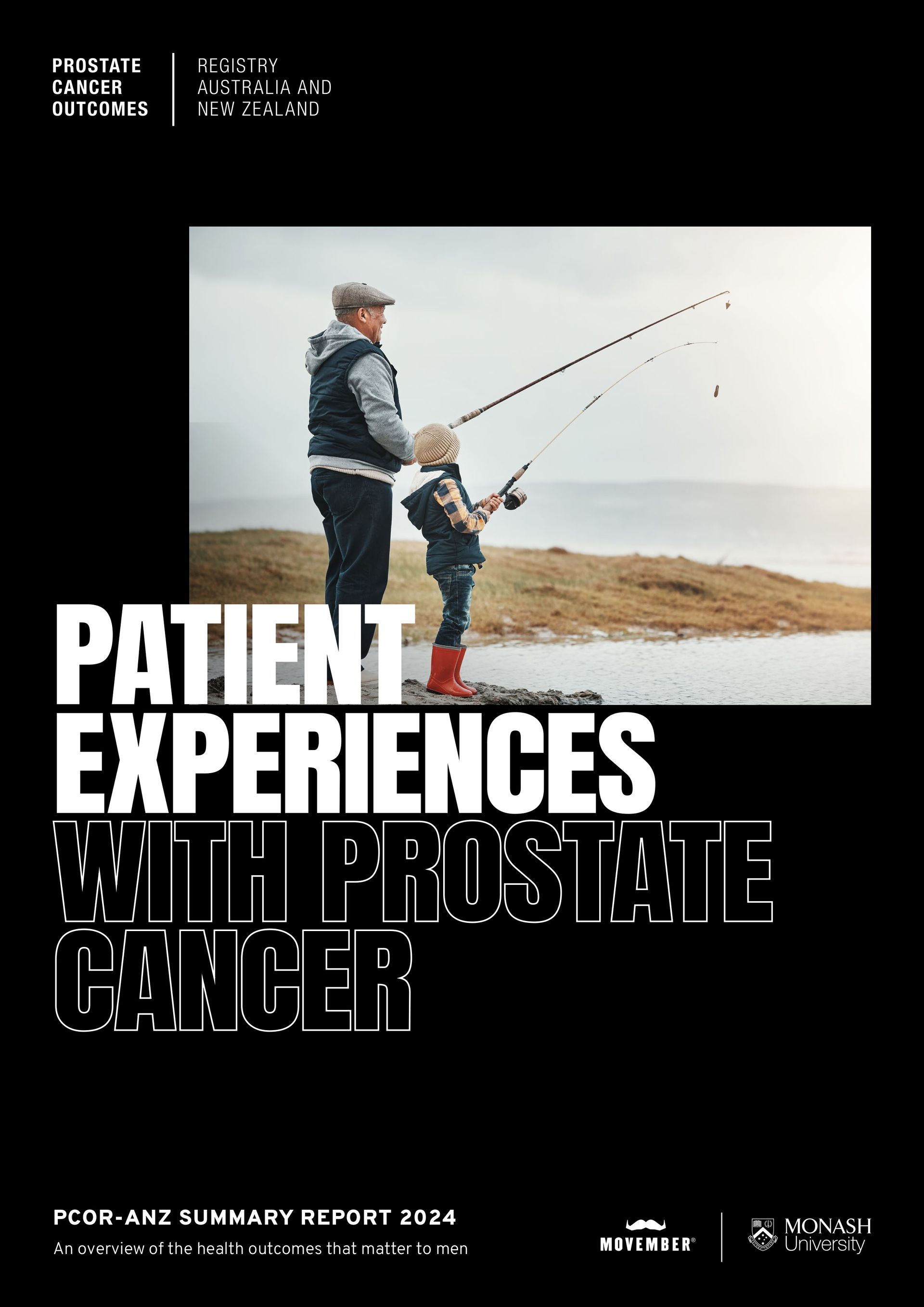PCOR-NZ Data: Key findings in published papers
Major milestone for PCOR-NZ: Two new papers published! These studies, published in the NZMJ and the BJUI, offer valuable insights into key areas of prostate cancer care for NZ.

Two recently published papers highlight the Prostate Cancer Outcomes Registry New Zealand's (PCOR-NZ) contributions to different areas of prostate cancer care. The first study focuses on identifying disparities, while the second examines quality improvement initiatives.
Addressing Disparities in Prostate Cancer Care
The first paper, published in the BJUI, examines variations in prostate cancer assessment and management between Māori and non-Māori men in New Zealand. The study used data from 13,893 participants in the Prostate Cancer Outcomes Registry New Zealand (PCOR-NZ), marking a significant milestone as the first population-level analysis of prostate cancer care in New Zealand using PCOR-NZ data.
The research, led by Dr. Eng Toh, confirmed findings from other studies indicating that Māori men are unfortunately more likely to be diagnosed at a younger age and with more aggressive disease. The study also revealed variations in the types of diagnostic tests and treatments received, and in wait times for treatment. These differences remained even when factors like age, location, and co-morbidities were taken into account. These findings support the need for culturally appropriate and timely access to prostate cancer care for Māori men. It also highlights the importance of continuing to collect national data within PCOR-NZ. The continued collection of data will allow us to monitor the impact of interventions aimed at reducing variations within prostate cancer diagnosis, treatment and outcomes.
The paper was one piece of work undertaken by Dr. Toh during his urology research registrar tenure, and we are grateful for his dedication and in-depth analysis of this PCOR-NZ data. Special thanks to The Movember Foundation and Bike for Blokes Charity for their financial support of this study.
Title: Variation in prostate cancer assessment and management between Māori and non-Māori in New Zealand
Eng Ann Toh, Jared White, Judith Clarke, Phil Hider, and Stephen Mark, BJU Int. June 2025, https://doi.org/10.1111/bju.16805
Clinician Feedback on PCOR-NZ Quality Improvement Reports
Another study, initiated by CHOMNZ and just published in the New Zealand Medical Journal (NZMJ), explores how New Zealand urologists use the Quality Indicator (QI) reports generated from PCOR-ANZ data. These reports, generated by Monash University, provide participating hospitals and clinicians with New Zealand-specific data benchmarked against the broader PCOR-ANZ dataset. The research found that most clinicians value these reports for helping them audit their practice, track their performance, and identify areas for improvement. The majority of clinicians prefer receiving the reports as digital PDFs, and most find the data clear and useful.
The study also highlighted some practical suggestions from clinicians, such as making reports more concise and providing a summary of key findings up front. These insights are already helping to shape future reporting, ensuring that the information remains relevant and accessible for clinicians.
We are grateful to Andreas Nicolaou for leading this work as part of an academic summer scholarship, and to all the clinicians who took the time to share their perspectives. We also thank The Movember Foundation (funders of PCOR-ANZ), the Canterbury Urology Research Trust (CURT), and the University of Otago Summer Research Scholarship Programme (Christchurch) for their support of this study. We appreciate the efforts of Monash University who continue to provide these QI reports to hospitals and clinicians participating in PCOR-NZ
Title:
Clinician Feedback for Bi-Annual Quality Improvement Reports Generated by the Prostate Cancer Outcomes Registry Australia and New Zealand
Andreas Samuel Nicolaou, Eng Ann Toh, Judith Clarke, Stephen Mark, Phil Hider,
Vol. 138 No. 1616 6 June 2025, DOI: 10.26635/6965.6721 https://nzmj.org.nz/journal/vol-138-no-1616
Click here to read more about other research we have been involved in, and available research topics.



